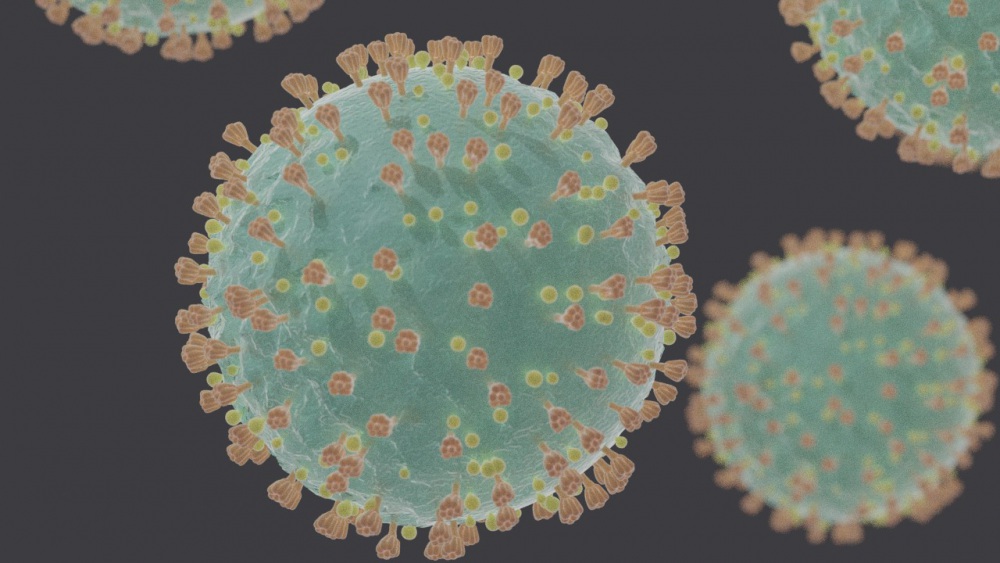
Jessica A. Bell
Senior Director, Global Biological Policy and Programs
Atomic Pulse
Amid the threat posed by
COVID-19 the Global Health Security (GHS) Index has been used repeatedly
as a reference for global preparedness during the pandemic. This is a key goal
of the GHS Index, and the COVID-19 pandemic has become a proof point for its main
finding: national health security is
fundamentally weak around the world. No country is fully prepared for epidemics
or pandemics, and every country has important gaps to address.
Given that overall finding, it
is important to dispel misconceptions regarding the score of 83.5 (out of a
possible 100) received by the United States. Although the United States
received the top score of 195 countries assessed and was ranked number one, its
score and rank do not indicate that the country is adequately prepared to respond
to potentially catastrophic infectious disease outbreaks. Significant
preparedness gaps remain, and some of those are playing out in the current
crisis. The United States’ response to the COVID-19 outbreak to date shows that
capacity alone is insufficient if that capacity isn’t fully leveraged. Strong health
systems must be in place to serve all populations, and effective political
leadership that instills confidence in the government’s response is crucial.
Here’s where the
United States had the weakest scores in the GHS Index:
Here’s where the
United States did particularly well:
The significant gaps in the
United States’ GHS Index country profile are deeply concerning to health-care
experts and professionals – and should be of concern to the general public and
policymakers alike.
The way forward: In the past four months, the world has seen how an isolated
outbreak in one country has rapidly grown to a global pandemic. The COVID-19
outbreak has proven that a threat anywhere is a threat everywhere, and no
country can rely on the strength of its own preparedness alone. The global
average GHS Index score is just 40.2, and the response to the COVID-19 outbreak
makes it clear that the world is collectively unprepared for a pandemic. Plans
to combat COVID-19 require local, national, regional, and global action, and the
United States has an obligation to address the gaps in its own system and to
invest in countries that are far less prepared.
Sign up for our newsletter to get the latest on nuclear and biological threats.
Examples from around the world of the Global Health Security Index in-use.
COVID-19 + Cybersecurity: Parallels and Lessons from a Pandemic



